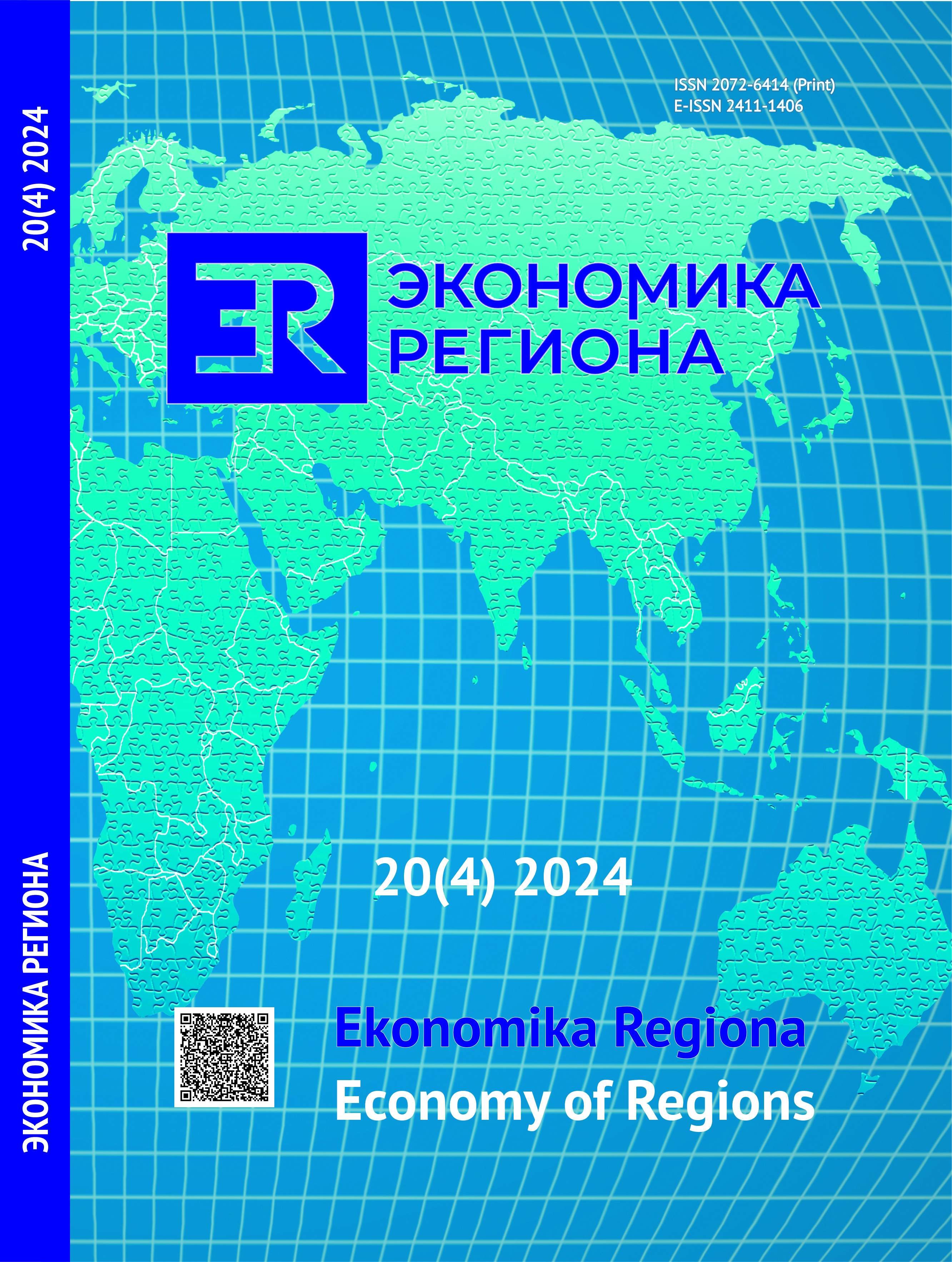Потенциал цифровой трансформации: рейтинг регионов РФ
Potential of Digital Transformation: Ranking of Russian Regions
Author(s): Alexei O. Verenikin, Anna Y. VerenikinaSubject(s): Economy, ICT Information and Communications Technologies
Published by: Институт экономики Уральского отделения Российской академии наук
Keywords: digital transformation; digital maturity; regional ranking; principal component analysis; data envelopment analysis; PCA-DEA;
Summary/Abstract: This study posits a positive correlation between the level of socio-economic development, accumulated experience in digitalizing regional economies, and the potential for regions to achieve digital transformation targets set out in their 2021 digital transformation strategies. To test this hypothesis, Russian regions were ranked according to their potential to meet these targets, using the Adaptive Automated Method of Principal Component Analysis, supplemented by Data Envelopment Analysis (PCA-DEA). Two data sets were used as inputs in the model: the level of ICT sector development in each region (18 indicators) and regional socio-economic development levels for 2022 (20 indicators). Model outputs include indicators for which the regions had set measurable targets for 2023 (43 indicators). The sample included all regions of the Russian Federation, with the exception of the Donetsk and Luhansk People’s Republics, Zaporozhye and Kherson oblasts (due to the lack of digital transformation strategies as of July 1, 2023), the city of Moscow (which follows the Smart City strategy for digital transformation), and Chukotka Autonomous Okrug (due to the lack of data for over 70 % of the indicators). The analysis identified five groups of regions, each with differing levels of potential to achieve planned targets. Ranking positions were influenced by the degree of digitalization, socio-economic development, and the scope of strategic indicators incorporated in each region’s digital transformation strategy. Notably, considerable discrepancies were observed between the indicators proposed by regional authorities and those recommended by the relevant ministries. Using the decomposition of the composite indicator and calculating correlation coefficients, the authors identified several key factors affecting regional rankings. The study examined both the structure of the data and the effectiveness of digitalization planning, which can provide insights into the most effective strategies and guide decision-making for optimizing the digital economy. The results are applicable for both internal analysis of a region’s digital transformation strategy outcomes and external comparisons, supporting regional performance assessments and rankings.
Journal: Экономика региона
- Issue Year: 20/2024
- Issue No: 4
- Page Range: 1008-1025
- Page Count: 18
- Language: Russian

